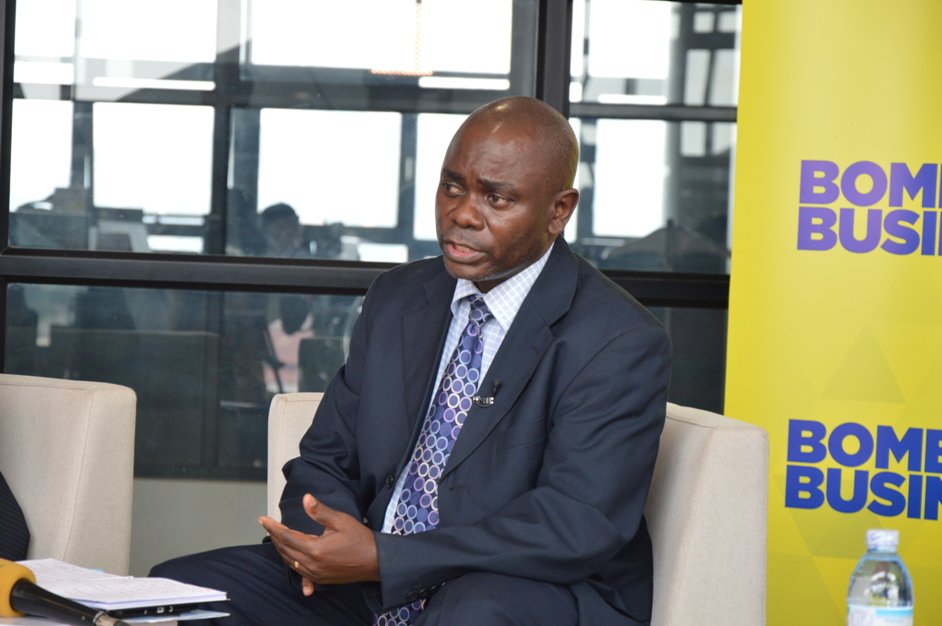Only 13.6 million people in Uganda own a mobile phone
The 2024 National Population & Housing Census has revealed that 43 percent of individuals aged 10 years and above (13.6 million persons) in Uganda owned a mobile phone as of May this year (when the census was conducted). The report adds that 56.7% of the population doesn’t have a mobile phone.
The population aged 10 years and above is 31.4 million.
The 2024 census report reveals that among these mobile phone owners, the 37 percent had one phone, while six percent owned two or more mobile phones.
The report of the country’s 11th census further shows that eight percent of households in Uganda had a fixed phone.
“Seventy-six percent of households had a member who owned a mobile phone, while 41 percent had a radio, 23 percent had a television, and four percent owned a computer,” the report says, adding that only four percent of individuals aged 10 and above used computers, including desktops, laptops, and tablets.
According to the report, Ugandans are yet to embrace Government online services.
The report shows that about two percent of individuals aged 10 years and above used online Government services.
Distribution of mobile phone ownership
The distribution of mobile phone ownership by residence indicates that ownership was higher in urban areas (46%) compared to rural areas (41%).
According to the report, the distribution of mobile phone ownership by sex indicates that a higher proportion of males owned mobile phones (56%) compared to females (52%) except in the Ankole sub-region where more females (48%) than males (47%) owned mobile phones.
Sub-regional variations revealed that Buganda had the highest proportion of mobile phone owners at 58%.
In contrast, all other sub-regions had less than half of their population aged 10 years and above owning mobile phones, with the Karamoja sub-region reporting a notably low figure of 20 percent.
Furthermore, the report shows that mobile phone ownership increases with education level, rising from about 27 percent among individuals with no education to 92 percent among those with post-secondary education and above.
Additionally, mobile phone ownership follows a normal distribution by age group, with children and older persons exhibiting the lowest percentages at five percent and 43 percent, respectively.
Fixed phones continue to play a crucial role, especially in regions where mobile phone network access is limited or unavailable. According to the report, only eight percent of households in Uganda had fixed phones.
It adds that ownership of fixed phones was slightly higher in urban areas (9%) compared to rural areas (8%).
According to the report, the percentage of households with fixed phones showed minimal variation bysub-region, with the highest proportion in Bunyoro and Buganda (11% each) and the lowest in Karamoja (1%).
The reports also reveals that ownership of mobile phone increases with increase in the level of educational attained by the household head.
Specifically, the report says, the proportion of households owning a fixed phone rises from five percent among households whose head has never been to school to 13 percent among those with post- secondary education and above.
Additionally, the proportion of households with fixed phones increases with an increase in age of the household head, peaking in the adult age category (9%) before declining to seven percent among older persons.
It’s important to note that Information and Communication Technologies (ICT) are essential for fostering development and driving progress.
They can significantly enhance productivity across sectors by streamlining Government operations and improving business efficiencies, which in turn increases competitiveness in the global market. ICT is therefore a key factor in advancing social and economic growth.






